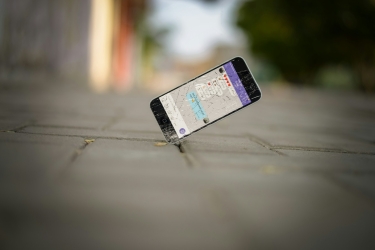The Optus Digital Thumbprint survey has revealed more than 40% find it hard to tell the difference between fake and real news.
Almost 36% of students find it hard to understand why they are being targeted.
More than 34% of students ranked second the biggest challenge as knowing how to protect themselves from cyberbullies.
|
|
According to the survey, one in two (49%) students struggle to create and remember strong passwords.
The survey advised students to conduct a strong passphrase to boost online protection and multi-factor authentication (MFA) to add an extra layer of security.
Optus senior director group sustainability Helen Maisano said the challenges seem to increase daily as scams become more sophisticated and pervasive.
“One important way for parents to help their children practice safe online behaviour is by parents having an open conversation with their kids, particularly about scams and how to avoid them so they are better protected in their digital environment,” Helen says.
Students were also asked about cyberbullying and how it affects them.
They revealed during Digital Thumbprint workshops they suffer mental stress.
The Digital Thumbprint, funded by Optus, supports digital safety and well-being with educational workshops, guides, and resources for young people and families.
The company claims the program has reached over 620,000 primary and secondary students across Australia.
It has been endorsed by the eSafety Commissioner as a Trusted eSafety Provider.






